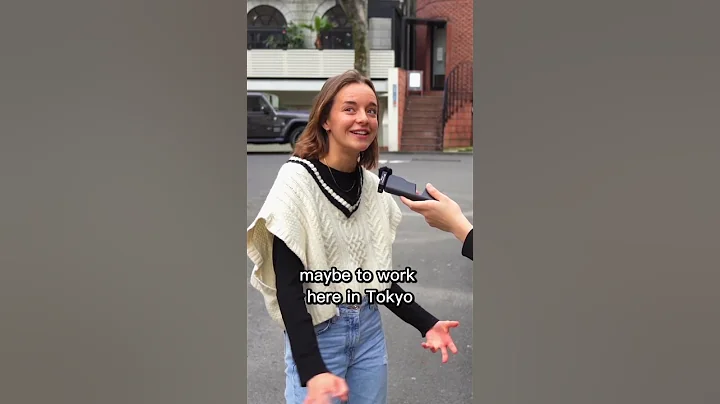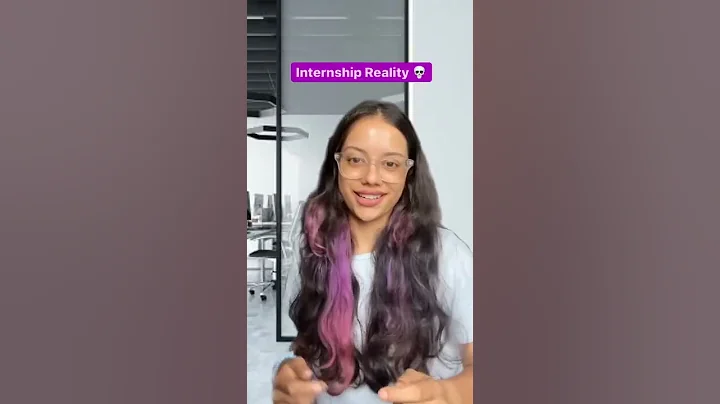Source: Global Times
As one of the policies to attract international students, many countries provide a legal internship period for graduates, hoping to strengthen the labor market in this way. In recent years, major countries such as the UK and Australia have significantly increased the benefits of internship visas.
The T5 visa issued by the British Home Office allows applicants to stay in the UK to work or intern for 12 months after graduation. Science and medical graduates engaged in research or training can also get a longer period. Starting from April 2013, all international students who have obtained a PhD in the UK have 12 months after graduation to choose to find a skilled job or start their own business in the UK.
In 2014, the British government announced the implementation of the "Outstanding Envoy" intern program using University of Sheffield as a pilot project, aiming to strengthen the connections between Chinese students and British industrial and commercial enterprises. In March 2019, the British government implemented a more favorable policy for international students by releasing the "International Education Strategy Outline": College students enrolling in the 2020-21 academic year can apply to stay in the UK for two years to find work after graduation. This visa is called "Post-Study Work (PSW visa, i.e. graduate work visa)". After two years, if graduates find a job that meets the skill requirements, they can apply for a technical work visa.
In 2011, the Australian Federal Department of Immigration also launched the PSW visa. After completing two years of undergraduate, master's or doctoral studies, you can get a temporary work visa for 2-4 years. The visa duration is 2 years for an undergraduate or taught master's degree, 3 years for a research master's degree, and 4 years for a doctoral degree. There are no skills assessment requirements for applying for this type of visa, and it is not limited to the immigration occupation list. During this period, international graduates enjoy basic work rights. It is worth noting that each person can only apply for a PSW visa once in his lifetime as the main applicant. Graduates may be eligible for a second visa as a secondary applicant if their spouse qualifies as the primary applicant.
In 2019, in order to encourage new immigrants to live in remote areas, Australia launched graduate benefits for remote areas. International graduates living in remote areas outside of Sydney, Melbourne and Brisbane can apply for a PSW visa a second time to extend their residence and work period by 1 year, for a total of two years.
After graduating from a German university, the legal internship period for international students is called a "job-seeking visa." Leider, director of the Foreign Exchange Administration in Berlin, Germany, told a reporter from the Global Times that graduates holding a degree certificate from a German university can obtain a work-seeking visa for a maximum period of 18 months. After you get a job-seeking visa, you can do anything related to finding a job. Generally, if international graduates do not find a job, they will first go to large companies for internships. Chen Gang, who graduated from Frankfurt University last year with a major in mechanical engineering, told the Global Times reporter that many international students will find jobs while doing internships. Unpaid internships are common. Large companies usually pay a monthly salary of 300 to 800 euros, but it is usually not enough to cover living expenses such as rent, and graduates must purchase medical insurance. Redl told reporters that although EU countries have different regulations for non-EU students, most EU countries will grant these students a certain period of time to find a job or internship visa.
The transition period before work is a good time to accumulate experience
If the "Internship Visa" is cancelled, students studying in the United States will be greatly affected

The US Immigration Service website OPT page.

Western Michigan University staff explains the OPT application process to international students.
Forbes News in the United States published an article titled " The Next Target of Trump's Immigration Policy: OPT for International Students" in early May, saying that the Trump administration is considering increasing restrictions on international students applying for OPT. International students in the United States caused an uproar. OPT ("Optional Practical Training") is a work permit that is very important for international students in the United States. Even if they do not continue to work in the United States, they can enrich their internship experience during this period, and it is also helpful for international students to return to their country to find a job.
According to Forbes News, Acting U.S. Secretary of Homeland Security Chad Wolf said in an interview at the end of last month that OPT is currently a major target of the U.S. government.U.S. Republican Congressman Tom Cotton once claimed that Chinese students should be prohibited from studying science and technology majors in the United States, "because they will take this knowledge with them when they return to the country." Because OPT is an important period for many international students to enrich their experience. Compared with the classroom, students can effectively apply professional knowledge and learn "real skills" during this period, so it has become a "thorn in the side" of some people in the US government. .
Judging from the current OPT policy, for undergraduate or graduate students holding F-1 visas (student visas), the US Citizenship and Immigration Services allows them to work as students in majors related to their studies for one year, and STEM (Science, Technology, Engineering, Mathematics) majors can be extended for up to 24 months (a few years ago it could only be extended to 17 months), for a total of up to 3 years. Although there are strict time limits for OPT application and effectiveness - if you have not applied for OPT within 60 days after graduation, or if you do not find a job within 90 days after OPT takes effect, you must leave the United States - but OPT has a low threshold and is relatively easy to apply for. , has always been very popular among international students from China, India and other countries. There is currently no definite information on how OPT will be modified or cancelled.
According to U.S. law, F-1 visa holders are not allowed to work off campus, but international students can apply for OPT to engage in professional-related work. Ms. Yu currently works for a company on the West Coast of the United States. Thinking of her experience when she graduated a few years ago, she is still glad that she made full use of OPT. She told a reporter from the Global Times: "At that time, my friends found their favorite jobs before graduation. I have never been hired, but you can apply for OPT without a job. I used the internship to gain myself more than three months after graduation. Ms. Li, who has also been working in the United States for five or six years, said: “When I first started working, I couldn’t get a work visa (the U.S. H-1B work visa requires an annual lottery. In recent years, the winning rate has been average. Only 50%), fortunately, the major allows two years of OPT, otherwise you will not be able to persist until the end to get a work visa.”
Even if you do not choose to work in the United States, OPT is a good time for students to accumulate valuable experience in the professional field. Mr. Fang, who graduated five years ago and is currently working in Shanghai, told reporters that he graduated in 2015 and did not return to China immediately. Instead, he applied for a year of OPT and worked as an intern at a think tank for about eight months. "This experience is very useful for me to find a job when I return to China. Not only can I participate in recruitment as a fresh graduate (OPT is still a student status), but I also have formal work experience." Mr. Fang said that whether he plans to stay in the United States or return to China, Most of the students around me will apply for OPT visa.
In addition, OPT has some advantages that work visas do not. First of all, there is no need to pay the 6.2% "social security tax" during the OPT period, which is a considerable increase in income for students who have just left school. Secondly, it is more convenient to change jobs during the OPT period - OPT is provided by the student's school. If the student "changes jobs" during this period, he only needs to notify the school. If you hold a work visa, you have to go to the Immigration Bureau to update relevant information every time you change jobs, which is time-consuming and labor-intensive. However, it is obvious that because the OPT period is very short, it can only be used as a "transition period" to seek stable work and life.
Of course, whether the U.S. government will ultimately cancel OPT is also affected by many factors. Forbes believes that, on the one hand, OPT has led to a large number of international students having the opportunity to immigrate, affecting the employment of U.S. citizens. However, if OPT is restricted, more international students will choose to return home after graduation, which will greatly harm the high-end talent market in the United States. (This newspaper’s special correspondents in Australia, the United States, the United Kingdom, and Germany Liu Tianliang, Tian Qiu, Ji Shuangcheng, and Qingmu)





















